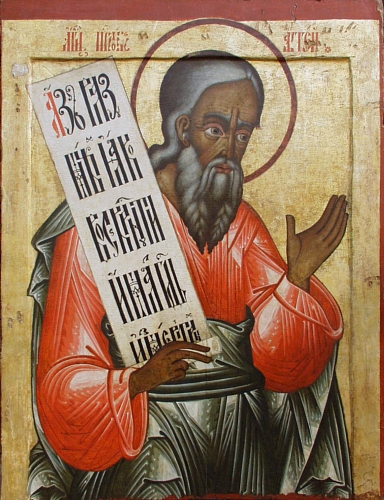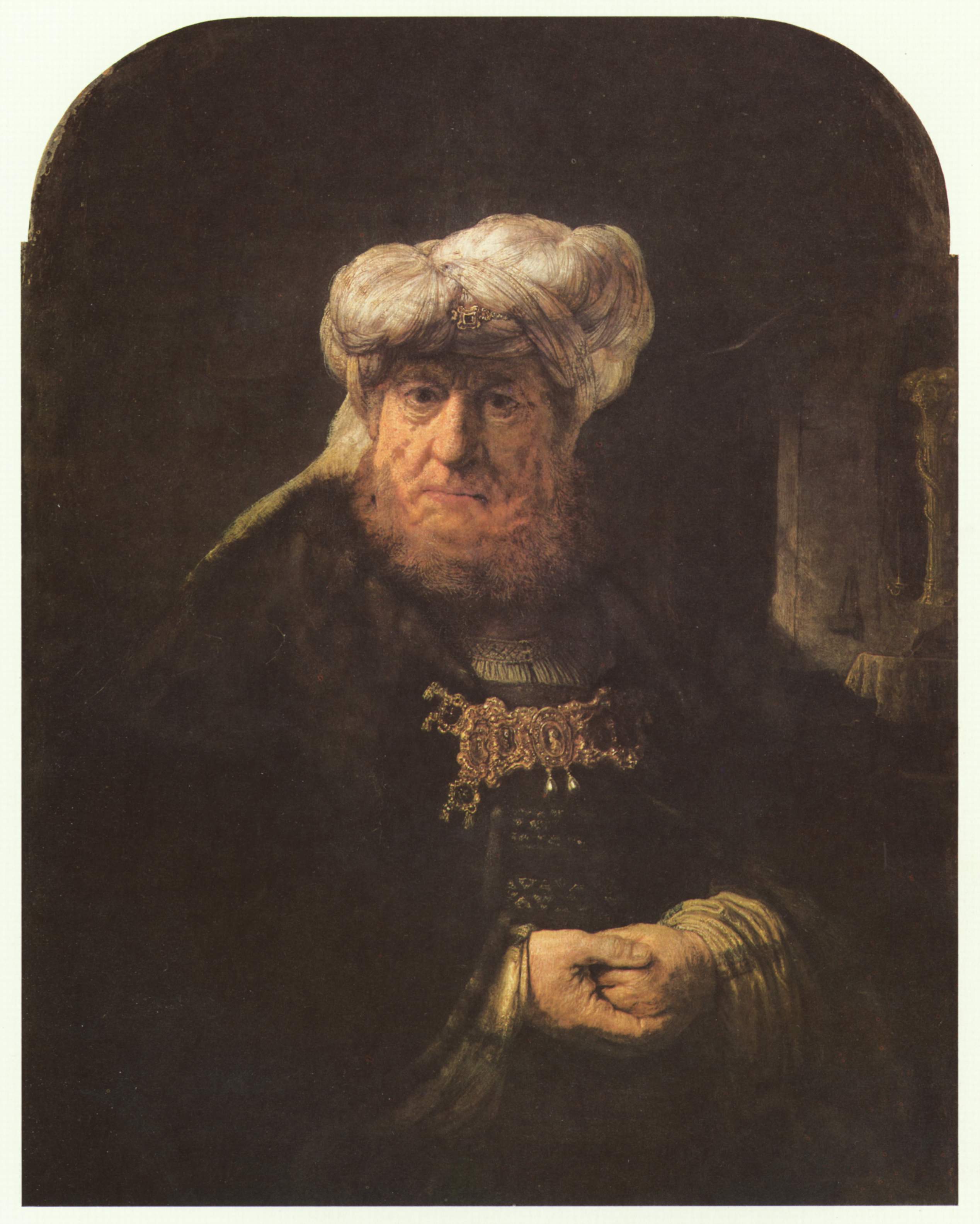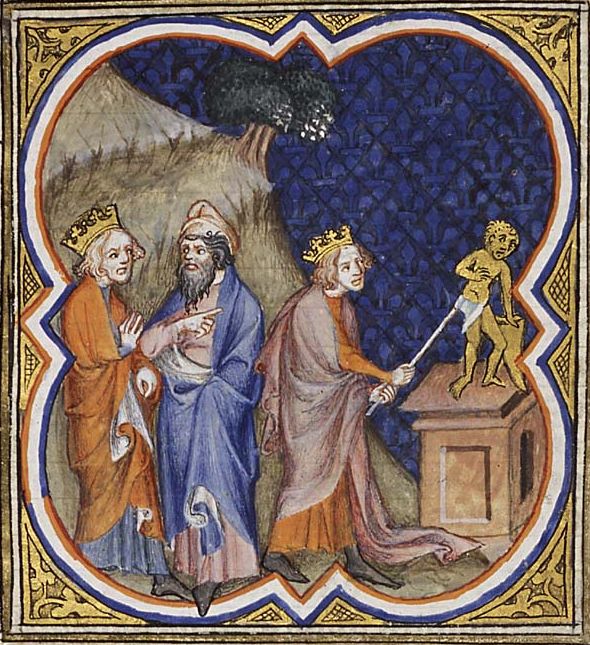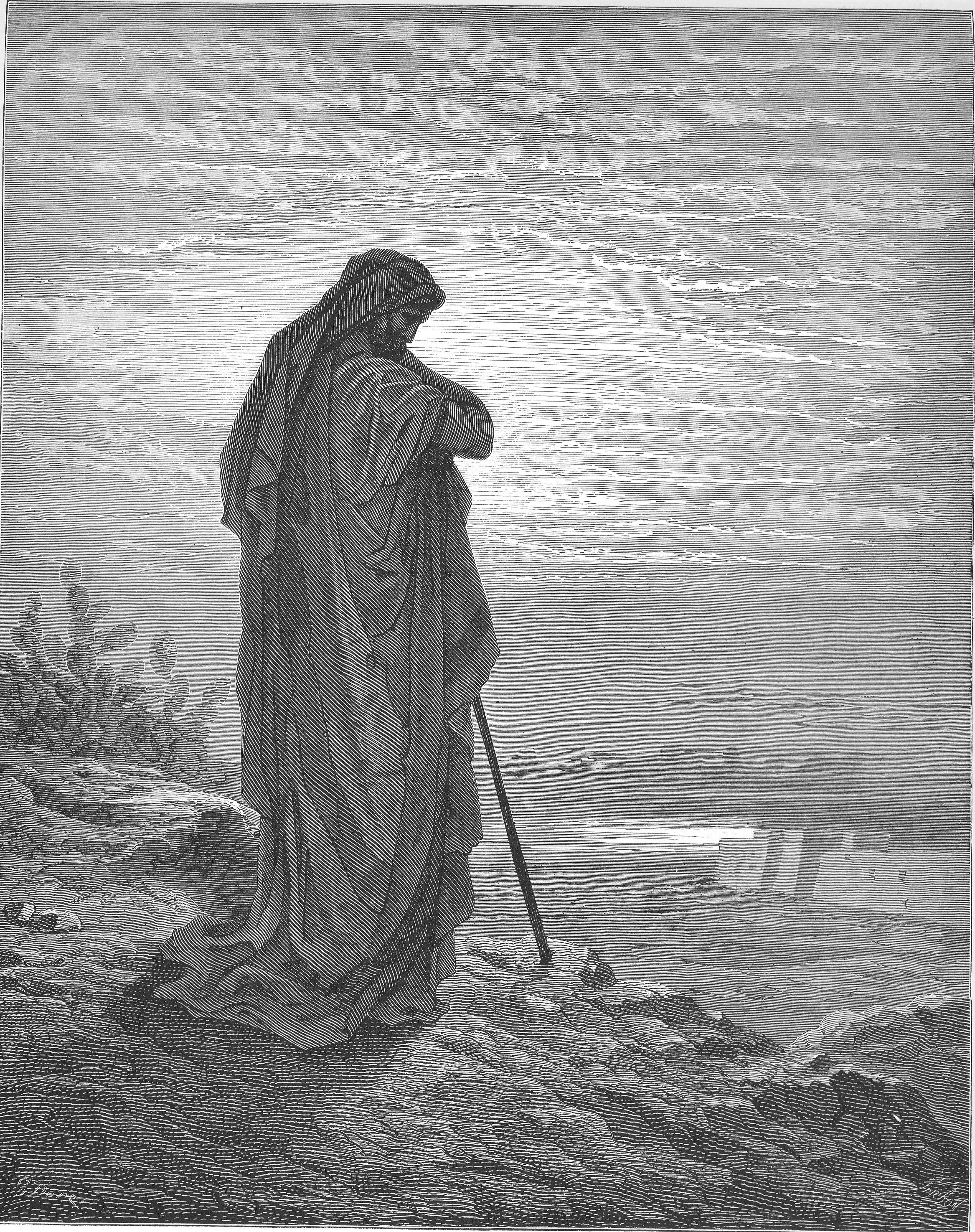|
Rud Hud Hudibras
Rud Hud Hudibras ('' Welsh:'' Run baladr bras) was a legendary king of the Britons as recounted by Geoffrey of Monmouth. He was the son of King Leil and ruled during a civil war. Story During the waning years of Leil's reign, the kingdom of the Britons became unstable, and civil war broke out. Rud Hud Hudibras became king after his father's death and reigned for 39 years, ending the civil war and restoring peace to the kingdom. During his reign, he founded Kaerreint, later renamed Canterbury by the Angles. He is also said to have founded Kaerguenit ( Winchester) and Paladur Castle (Shaftesbury). He was succeeded by his son Bladud. Geoffrey places Rud Hud Hudibras' reign during the time Capys was king in Alba Longa and Haggai, Amos, Joel, and Azariah were prophesying in Israel. Haggai began his ministry around 520 BC, whilst Amos is said to have prophesied during the reigns of Uzziah of Judah and Jeroboam II, probably around 760 BC. In literature and fiction A reference ... [...More Info...] [...Related Items...] OR: [Wikipedia] [Google] [Baidu] |
Welsh Language
Welsh ( or ) is a Celtic language family, Celtic language of the Brittonic languages, Brittonic subgroup that is native to the Welsh people. Welsh is spoken natively in Wales, by some in England, and in Y Wladfa (the Welsh colony in Chubut Province, Argentina). Historically, it has also been known in English as "British", "Cambrian", "Cambric" and "Cymric". The Welsh Language (Wales) Measure 2011 gave the Welsh language official status in Wales. Both the Welsh and English languages are ''de jure'' official languages of the Welsh Parliament, the Senedd. According to the 2021 United Kingdom census, 2021 census, the Welsh-speaking population of Wales aged three or older was 17.8% (538,300 people) and nearly three quarters of the population in Wales said they had no Welsh language skills. Other estimates suggest that 29.7% (899,500) of people aged three or older in Wales could speak Welsh in June 2022. Almost half of all Welsh speakers consider themselves fluent Welsh speakers ... [...More Info...] [...Related Items...] OR: [Wikipedia] [Google] [Baidu] |
Haggai
Haggai (; he, חַגַּי – ''Ḥaggay''; Koine Greek: Ἀγγαῖος; la, Aggaeus) was a Hebrew prophet during the building of the Second Temple in Jerusalem, and one of the twelve minor prophets in the Hebrew Bible and the author of the Book of Haggai. He is known for his prophecy in 520 BCE, commanding the Jews to rebuild the Temple. He was the first of three post-exile prophets from the Neo-Babylonian Exile of the House of Judah (with Zechariah, his contemporary, and Malachi, who lived about one hundred years later), who belonged to the period of Jewish history which began after the return from captivity in Babylon. His name means "my holidays." The name Haggai, with various vocalizations, is also found in the Book of Esther, as a eunuch servant of the Queen. Life Scarcely anything is known of his personal history, with the book of Haggai offering no biographical details about his ancestry or anything else in his life outside the prophecies of 520 BCE. Haggai is onl ... [...More Info...] [...Related Items...] OR: [Wikipedia] [Google] [Baidu] |
Wales
Wales ( cy, Cymru ) is a Countries of the United Kingdom, country that is part of the United Kingdom. It is bordered by England to the Wales–England border, east, the Irish Sea to the north and west, the Celtic Sea to the south west and the Bristol Channel to the south. It had a population in 2021 of 3,107,500 and has a total area of . Wales has over of coastline and is largely mountainous with its higher peaks in the north and central areas, including Snowdon (), its highest summit. The country lies within the Temperateness, north temperate zone and has a changeable, maritime climate. The capital and largest city is Cardiff. Welsh national identity emerged among the Celtic Britons after the Roman withdrawal from Britain in the 5th century, and Wales was formed as a Kingdom of Wales, kingdom under Gruffydd ap Llywelyn in 1055. Wales is regarded as one of the Celtic nations. The Conquest of Wales by Edward I, conquest of Wales by Edward I of England was completed by 1283, th ... [...More Info...] [...Related Items...] OR: [Wikipedia] [Google] [Baidu] |
Hudibras
''Hudibras'' is a vigorous satirical poem, written in a mock-heroic style by Samuel Butler (1613–1680), and published in three parts in 1663, 1664 and 1678. The action is set in the last years of the Interregnum, around 1658–60, immediately before the restoration of Charles II as king in May 1660. The story shows Hudibras, a knight and colonel in the Parliamentary army, being regularly defeated, sometimes by the skills and courage of women, and ends with a witty and detailed declaration that women are superior to men. ''Hudibras'' is notable for its longevity: from the 1660s, it was more or less always in print, from many different publishers and editors, till the period of the First World War (see below). Apart from Byron’s masterpiece ''Don Juan'' (1819–24), there are few English verse satires of this length (over 11,000 lines) that have had such a long and influential life in print. The satire “delighted the royalists but was less an attack on the puritans than a c ... [...More Info...] [...Related Items...] OR: [Wikipedia] [Google] [Baidu] |
Samuel Butler (poet)
Samuel Butler (baptized 14 February 1613 – 25 September 1680) was an English poet and satirist. He is remembered now chiefly for a long satirical poem titled ''Hudibras''. Biography Samuel Butler was born in Strensham, Worcestershire, and was the son of a farmer and churchwarden, also named Samuel. His date of birth is unknown, but there is documentary evidence for the date of his baptism of 14 February. The date of Butler's baptism is given as 8 February by Treadway Russell Nash in his 1793 edition of ''Hudibras''. Nash had already mentioned Butler in his ''Collections for a History of Worcestershire'' (1781), and perhaps because the latter date seemed to be a revised account, it has been repeated by many writers and editors. However, The parish register of Strensham records under the year 1612: "Item was christened Samuell Butler the sonne of Samuell Butler the xiiijth of February anno ut supra". Lady Day, 25 March, was New Year's Day in England at the time, so the year o ... [...More Info...] [...Related Items...] OR: [Wikipedia] [Google] [Baidu] |
Jeroboam II
Jeroboam II ( he, יָרָבְעָם, ''Yāroḇə‘ām''; el, Ἱεροβοάμ; la, Hieroboam/Jeroboam) was the son and successor of Jehoash (alternatively spelled Joash) and the thirteenth king of the ancient Kingdom of Israel, over which he ruled for forty-one years in the eighth century BC. His reign was contemporary with those of Amaziah and Uzziah, kings of Judah. History William F. Albright has dated his reign to 786–746 BC, while E. R. Thiele says he was coregent with Jehoash 793 to 782 BC and sole ruler 782 to 753 BC. He was victorious over the Arameans, conquered Damascus, and extended Israel to its former limits, from "the entering of Hamath to the sea of the plain". In 1910, G. A. Reisner found sixty-three inscribed potsherds while excavating the royal palace at Samaria, which were later dated to the reign of Jeroboam II and mention regnal years extending from the ninth to the 17th of his reign. These ostraca, while unremarkable in themselves, contain valu ... [...More Info...] [...Related Items...] OR: [Wikipedia] [Google] [Baidu] |
Uzziah Of Judah
Uzziah (; he, עֻזִּיָּהוּ ''‘Uzzīyyāhū'', meaning "my strength is Yah"; el, Ὀζίας; la, Ozias), also known as Azariah (; he, עֲזַרְיָה ''‘Azaryā''; el, Αζαρίας; la, Azarias), was the tenth king of the ancient Kingdom of Judah, and one of Amaziah's sons. () Uzziah was 16 when he became king of Judah and reigned for 52 years. The first 24 years of his reign were as a co-regent with his father, Amaziah. William F. Albright dates Uzziah's reign to 783–742 BC. Edwin R. Thiele's chronology has Uzziah becoming coregent with his father Amaziah in 792/791 BCE and sole ruler of Judah after his father's death in 768/767 BCE. Uzziah was struck with leprosy for disobeying God (, ). Thiele dates Uzziah's being struck with leprosy to 751/750 BCE, at which time his son Jotham took over the government, with Uzziah living on until 740/739 BCE.Edwin R. Thiele, ''The Mysterious Numbers of the Hebrew Kings'' (3rd ed.; Grand Rapids, MI: Zonderva ... [...More Info...] [...Related Items...] OR: [Wikipedia] [Google] [Baidu] |
History Of Ancient Israel And Judah
The history of ancient Israel and Judah begins in the Southern Levant during the Late Bronze Age and Early Iron Age. "Israel" as a people or tribal confederation (see Israelites) appears for the first time in the Merneptah Stele, an inscription from ancient Egypt that dates to about 1208 BCE. According to modern archaeology, ancient Israelite culture developed as an outgrowth from the Canaanites. Two related Israelite polities known as the Kingdom of Israel and the Kingdom of Judah had emerged in the region by Iron Age II. According to the Hebrew Bible, a " United Monarchy" (consisting of Israel and Judah) existed as early as the 11th century BCE, under the reigns of Saul, David, and Solomon; the country later would have split into two separate kingdoms: Israel (containing the cities of Shechem and Samaria) in the north and Judah (containing Jerusalem and the Jewish Temple) in the south. The historicity of the United Monarchy is debated as there are no archaeological rema ... [...More Info...] [...Related Items...] OR: [Wikipedia] [Google] [Baidu] |
Azariah (prophet)
Azariah ( , " Yah has helped") was a prophet described in 2 Chronicles 15. Biblical narrative The Spirit of God is described as coming upon him (verse 1), and he goes to meet King Asa of Judah to exhort him to carry out a work of reform. In response to Azariah's encouragement, Asa carried out a number of reforms including the destruction of idols and repairs to the altar of Yahweh in the Jerusalem Temple complex. The Bible records that a period of peace followed the carrying out of these reforms (verse 19). Azariah is described as being the "son of Oded" (verse 1), but the Masoretic Text The Masoretic Text (MT or 𝕸; he, נֻסָּח הַמָּסוֹרָה, Nūssāḥ Hammāsōrā, lit. 'Text of the Tradition') is the authoritative Hebrew and Aramaic text of the 24 books of the Hebrew Bible (Tanakh) in Rabbinic Judaism. ... omits Azariah's name in verse 8, suggesting that the prophecy is from Oded himself. References {{Tanakh-stub Prophets of the Hebrew ... [...More Info...] [...Related Items...] OR: [Wikipedia] [Google] [Baidu] |
Joel (prophet)
Joel (; he, יוֹאֵל – ''Yōʾēl''; gr, Ἰωήλ – ''Iōḗl''; syr, ܝܘܐܝܠ – ''Yu'il'') was a prophet of ancient Israel, the second of the twelve minor prophets and according to the book itself the author of the Book of Joel. He is mentioned by name only once in the Hebrew Bible, in the introduction to that book, as the son of Pethuel ( Joel 1:1). The name Joel combines the covenant name of God, YHWH (or Yahweh), and El (god), and has been translated as "YHWH is God" or "one to whom YHWH is God," that is, a worshiper of YHWH. Life Some commentators suggest that Joel lived in the 9th century BCE, whereas others assign him to the 5th or 4th century BCE.Anderson, B.W. (1988), ''The living world of the Old Testament'', 4th edition. Harlow, UK: Longman. p.524 The dating of his book is similarly debated; there are no mentions of kings that might help locate it in time. The book's mention of Greeks has not given scholars any help in dating the text since the Greek ... [...More Info...] [...Related Items...] OR: [Wikipedia] [Google] [Baidu] |
Amos (prophet)
In the Hebrew Bible and Christian Old Testament, Amos (; he, עָמוֹס – ''ʿĀmōs'') was one of the Twelve Minor Prophets. An older contemporary of Hosea and Isaiah, Amos was active c. 760–755 BCE during the rule of kings Jeroboam II of Israel and Uzziah of Judah. He was from the southern Kingdom of Judah but preached in the northern Kingdom of Israel. Amos wrote at a time of relative peace and prosperity but also of neglect of God's laws. He spoke against an increased disparity between the very wealthy and the very poor. His major themes of justice, God's omnipotence, and divine judgment became staples of prophecy. The Book of Amos is attributed to him. Life Before becoming a prophet, Amos was a sheep herder and a sycamore fig farmer.Coogan, Michael. ''A Brief Introduction to the Old Testament''. p. 257. Oxford: Oxford University Press, 2009. His prior professions and his claim "I am not a prophet nor a son of a prophet" () indicates that Amos was not from ... [...More Info...] [...Related Items...] OR: [Wikipedia] [Google] [Baidu] |
Alba Longa
Alba Longa (occasionally written Albalonga in Italian sources) was an ancient Latin city in Central Italy, 12 miles (19 km) southeast of Rome, in the vicinity of Lake Albano in the Alban Hills. Founder and head of the Latin League, it was destroyed by the Roman Kingdom around the middle of the 7th century BC, and its inhabitants were forced to settle in Rome. In legend, Romulus and Remus, founders of Rome, had come from the royal dynasty of Alba Longa, which in Virgil's ''Aeneid'' had been the bloodline of Aeneas, a son of Venus.Livy, ''Ab urbe condita'', 1:28–30 According to Livy, Roman patrician families such as the Julii, Servilii, Quinctii, Geganii, Curiatii and Cloelii originated in Alba Longa. Archaeology Livy said of Alba Longa that it was founded by Ascanius to relieve crowding at Lavinium. He placed it at the foot of the Alban Mount and said that it took its name from being extended along a ridge. Dionysius of Halicarnassus repeated the story, but added that ... [...More Info...] [...Related Items...] OR: [Wikipedia] [Google] [Baidu] |







